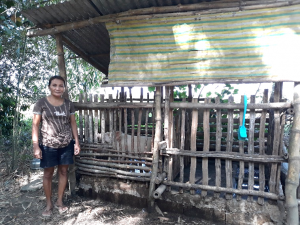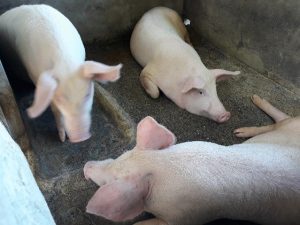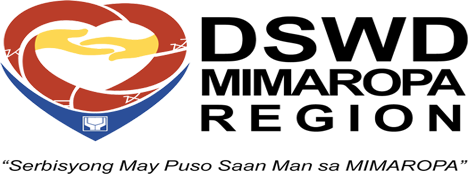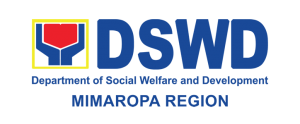The part of women and its contributions to culture should never be underestimated in this predominantly male-controlled culture, like in the Philippines. Women-led organizations in the government, non-government organization, and private sector have molded and influenced national issues pertaining to governance and other economic-related happenings. More women and women organizations are now playing a proactive role towards national development. One good example is one Sustainable Livelihood Program Association based in Brgy. La Curva, San Jose, Occidental Mindoro. The SLPA is an all-women group composed of hog raisers and has been contributing economically to their barangay. This is the story of Teresita “Nanay Tere” Salde who chose to be an empowered woman.
Hog raising in the Philippines has been a profitable business for Filipinos through the decades. Its fame is obviously seen among backyards of rural families. An average Filipino usually raises a small number of pigs to supplement their daily needs. While both parents are busy with their work, children may help in raising a few piglets until they reach their merchantable age. No wonder, more hogs are produced in backyards compared to commercial swine raisers. In Barangay La Curva, it was acknowledged during the conduct of Participatory Livelihood Issue Analysis that there are Pantawid Partner Beneficiaries engaged in backyard hog raising. Usually, traders in the municipality especially public market pork dealers roam within the barangay to buy hogs.
 Nanay Tere having no background in agronomy and getting involved onto it is no longer new. She thought that there are lot of enthusiasts all over the world into farming acquiring direct knowledge and involvement thru experiments, pushed by their own advocacy. Through time, she was able to apply such belief in swine raising.
Nanay Tere having no background in agronomy and getting involved onto it is no longer new. She thought that there are lot of enthusiasts all over the world into farming acquiring direct knowledge and involvement thru experiments, pushed by their own advocacy. Through time, she was able to apply such belief in swine raising.
Meant to be a farmer and a lot more, coming across a program of Department of Social Welfare and Development about livelihood and training is almost a surprise to her. Nanay Tere’s interest on pig farming started way back 2008. However, this faded because no one could lead her to an agency that provides training. In 2016, the craving hit again but this time it was purely unintentional.
Going back to the program, she was able to get a short training on livestock raising. Acquiring the basics on pig production and being a member in an organization put her desire in place. It was a perfect timing. Since then, Nanay Tere’s desire to pursue pig raising never left her. In 2016, she started her small farm in La Curva with 3 weaners for fattening from the Sustainable Livelihood Program of DSWD. She applied the feeding technique for swine she learnt at the training. Growth was good but transportation and feed cost pulled the profit. She lost enthusiasm that she almost wanted to quit.
At the moment, revenue is to be realized and even costs are piling up. Nanay Tere did not lose hope. She trusted that God is gracious to the one who preserve His land and the ecosystem. Despite the trials she bumped into due to barriers such as the existing market and operational expenses, she still pursued her business endeavor. As a whole, it is financially and emotionally draining for her.
The Basic Training on Swine Raising was a great help on her decision to put up a farm. “SLP is an enabler”, she added. Being a mother of seven, daily subsistence is really a struggle. But because of having hogs in her backyard, she was able to support their daily expenses and use some of the profit during emergency. She shared that there was a time when her youngest son was diagnosed with dengue and at the same day, she was bitten by a cat wherein free vaccine was not available. The pigs were her lifeline. All the medical expenses came from her small swine business.
“Moved by morals, I’m gaining while losing but at the end of the race, I am winning!” ends Nanay Tere.
Contributor:
Jaime V. Castillo Jr., Project Development Officer II, Occidental Mindoro
![]()


